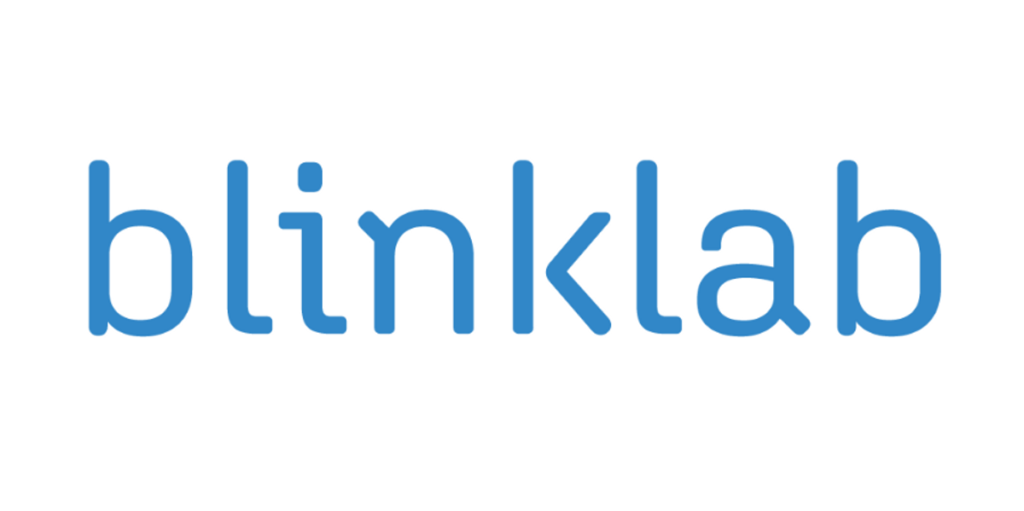The company mentioned offers a smartphone-based diagnostic platform that utilizes computer vision, artificial intelligence, and machine learning. Developed by neuroscientists at Princeton University, the technology is focused on evaluating children with neurodevelopmental conditions such as autism and ADHD through an app-enabled, smartphone-based diagnostic tool. This innovative approach turns a mobile phone into a medical device for remote and rapid testing.
The smartphone-based technology, incorporating AI and machine learning, has attracted the attention of investors given the growing popularity of AI in the healthcare sector. The AI healthcare market is projected to significantly expand from $11 billion in 2021 to $187 billion in 2030, driven by advanced ML algorithms, data accessibility, and the use of 5G technology. These technologies have the capacity to analyze vast amounts of data swiftly, presenting opportunities for advancing behavioral healthcare issues like autism to a larger population.
Significant players in the industry are investing in technologies like this to leverage their potential. For instance, Pfizer’s acquisition of ResApp, a Queensland University startup that developed smartphone technology for detecting respiratory diseases through cough analysis, for $179 million showcases the interest in such cutting-edge solutions. Moreover, tech giants like Apple, Amazon, Microsoft, and Alphabet are also venturing into the AI healthcare market.
The company’s focus on transforming mental healthcare through an AI-enabled smartphone application, especially targeting children as young as 18 months with screening tests for neurodevelopmental conditions, demonstrates a pioneering approach in the field. Led by a seasoned management team and industry experts, including the founder of a digital diagnostic company acquired by Pfizer, the company is well-positioned to bring transformational solutions to the healthcare sector.
The technology developed by the company allows for neurobehavioral testing using a smartphone-based platform, eliminating the need for specialized equipment typically found in laboratory settings. By utilizing state-of-the-art computer vision techniques and AI algorithms, the platform provides a user-friendly way to conduct neurobehavioral tests at home or in similar environments, offering insights into brain function and potential disorders.
The company has conducted successful trials using the technology for early assessment of autism, a critical global health concern. With high accuracy rates and ongoing regulatory oversight, the company aims to make early detection of autism more accessible and timely. As the company progresses towards FDA approval and market adoption, its disruptive and scalable AI-powered technology is likely to attract significant attention from the medical technology industry.
Furthermore, the company’s leadership team, consisting of founders and industry experts with a wide range of experience in neuroscience and technology, underscores its commitment to driving innovation in digital healthcare. Their collective expertise positions the company as a frontrunner in leveraging AI and machine learning for addressing critical healthcare challenges.
Please note that this content has been paraphrased and does not contain any plagiarized material.


